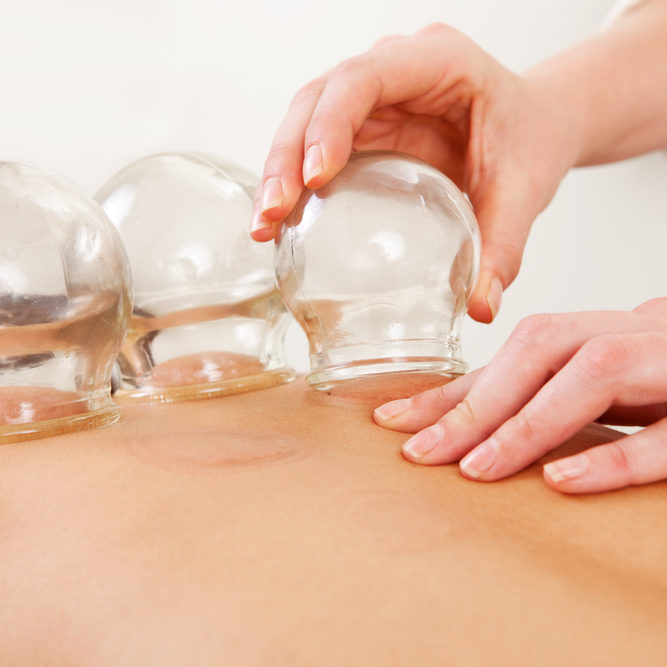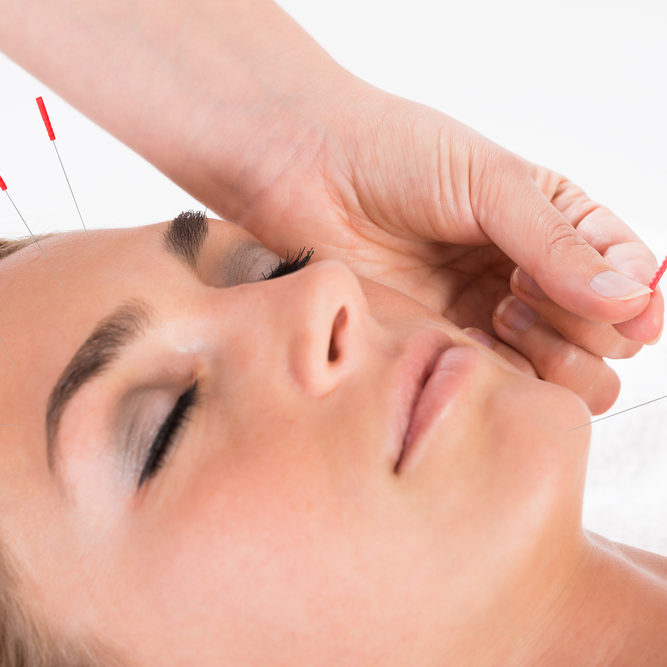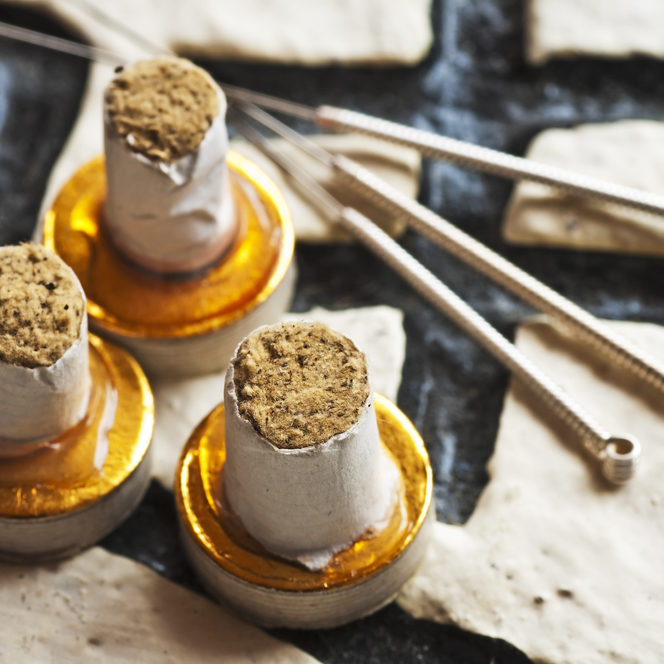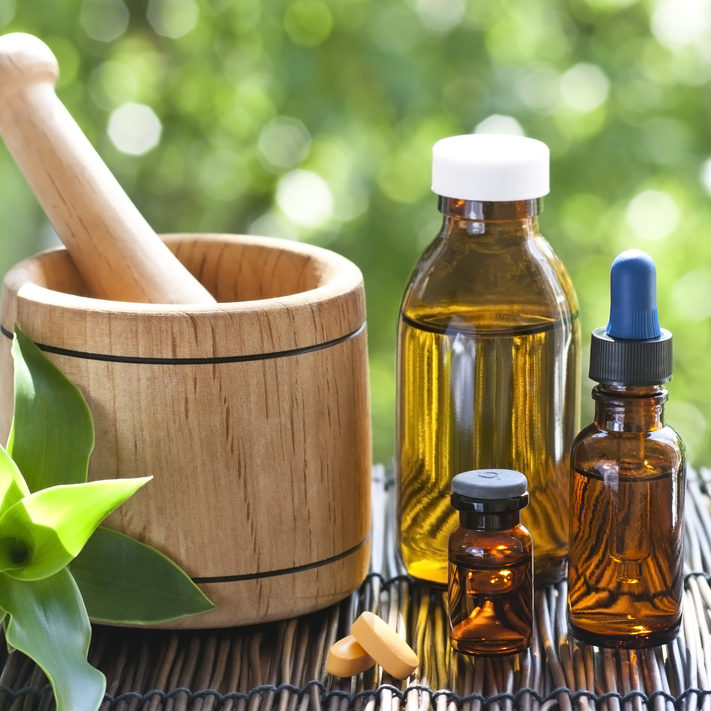Acupuncture for Sleeping
Acupuncture is a Chinese medicine practice found in both Eastern and Western cultures. It is used as a way to relieve pain and nausea. Acupuncture is often used as a natural solution for a variety of disorders that can interfere with sleep or cause insomnia, such as depression and anxiety.
Acupuncture
Acupuncture is the process of inserting thin needles into targeted parts of the body, with the goal of treating symptoms by stimulating various nerves and muscles.
Acupuncture can relieve discomfort and pain associated with various conditions. Some of these common conditions include the following:
- Nausea and vomiting (specifically when induced by chemotherapy)
- Pain in the lower back, neck, or dental regions
- Headaches and migraines
- Fibromyalgia
- Osteoarthritis
- Menstrual cramps and labor pain
Acupuncture is also often used to improve symptoms of insomnia, sleep apnea, and anxiety which can impact sleep.
Acupuncture uses needles to help the flow of qi (or chi) throughout your body. Needles are strategically placed along 14 various meridians in order to restore the natural energy flow. When qi is blocked, it can cause pain, discomfort, and illness. Strategic placement of the needles eliminates blockage and allows energy to
flow as your body’s natural healing process kicks in.
Many traditional Western doctors are skeptical of the ability of acupuncture to treat specific diseases. It is, however recognized by the National Institutes of Health as an option for general pain treatment.
Acupuncture appointments
During an acupuncture session, the patient lies down on a table and the acupuncturist will insert needles at various pressure points. Between five to 20 needles are commonly used during a single session. The acupuncturist may move, heat, or apply electric pulses to the needles, depending on your specific symptoms.
The needles are extremely thin so most patients experience little to no discomfort during application. The patient simply lies still while the needles remain in places for up to 20 minutes and at the conclusion, the acupuncturist will remove them.
Benefits of acupuncture
In addition to improving physical pain, acupuncture can have many additional benefits including:
- More restful sleep
- Higher energy
- Increased mental clarity
- Better digestion
- Lower stress levels
- Reduced anxiety
- Improved allergies
- Fertility
- Fewer headaches
Following an acupuncture session, many patients report a blissful, relaxed feeling. Once this feeling subsides, individuals can begin to experience the above benefits within hours, days, or weeks following the treatment. Acupuncture is a popular holistic treatment because it can effectively relieve pain and discomfort, without
many dependency issues and side effects found in other therapies and medications.
Acupuncture vs. acupressure
Acupressure is based on the same concept of acupuncture and uses the same meridians, but is conducted with the use of finger pressure instead of needles.
Patients can try their own acupressure treatment at home to alleviate insomnia by applying pressure and massaging the following spots for approximately 2-3 minutes:
- The spot between your big toe and second toe
- The crease of your wrist on the pinky side, with your palm facing up
- The fleshy area below your inner ankle bone
Acupuncture for insomnia
Numerous studies have found acupuncture to be an effective treatment for insomnia. Acupuncture can reduce anxiety, stimulate the production of melatonin and reduce sleep disruption during the night. All of these effects result in an overall increase of total sleep time. In some cases, acupuncture is used to treat pain from other physical conditions which make it difficult to fall asleep at night.
Acupuncture and sleep apnea
Sleep apnea is classified as sleep-disordered breathing where an individual stops breathing during sleep. Sleep apnea can causes excessive snoring and can even cause the person to gasp or choke, rousing them from sleep during the night.
Acupuncture assists those who have sleep apnea by stimulating the muscles and tissues of their airways, making them stronger and less likely to collapse during sleep. It can alleviate symptoms of sleep apnea specifically by stimulating the muscles around the ear as well.
Enjoy Even More Articles on Acupuncture Chicago Loop and how we can help :
- Acupuncture for Sleeping
- Acupuncture for Smoking
- Acupuncture for Allergies
- Acupuncture for Arthritis
- Acupuncture for Depression
- Acupuncture for Energy
- Acupuncture for Stress & Anxiety
- Acupuncture for Vertigo
- Acupuncture for Acne
- Acupuncture for Drug and Alcohol Addiction
- Acupuncture for Sciatica
- Acupuncture for Neck pain
- Acupuncture for Plantar Fasciitis
- Acupuncture for Carpal Tunnel
- Acupuncture for Knee Pain
Services We Offer : Conveniently Located in the Chicago Loop
Sunae Son, L.Ac, M.S.O.M. has spent much of her life exploring and researching western and eastern medicines, combining these practices over a decade of field and laboratory studies into mindful patient care in acupuncture and Traditional Chinese Medicine.
